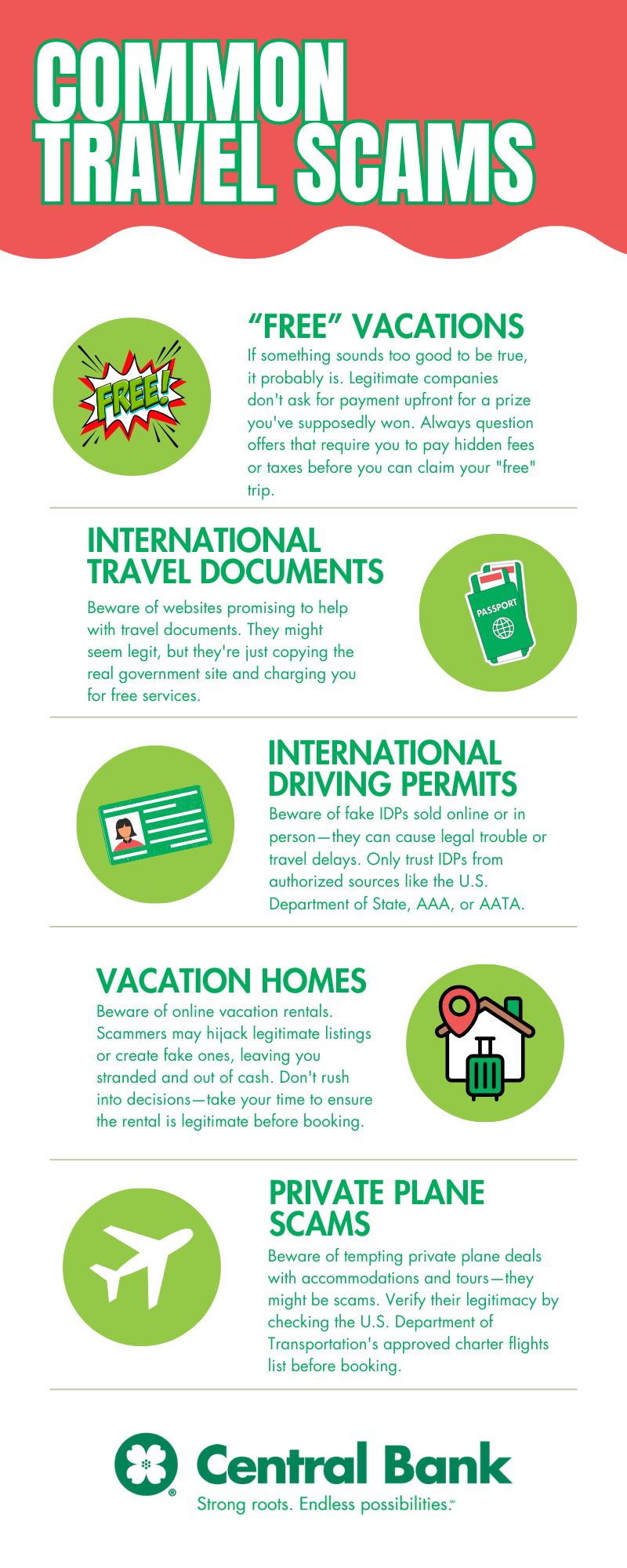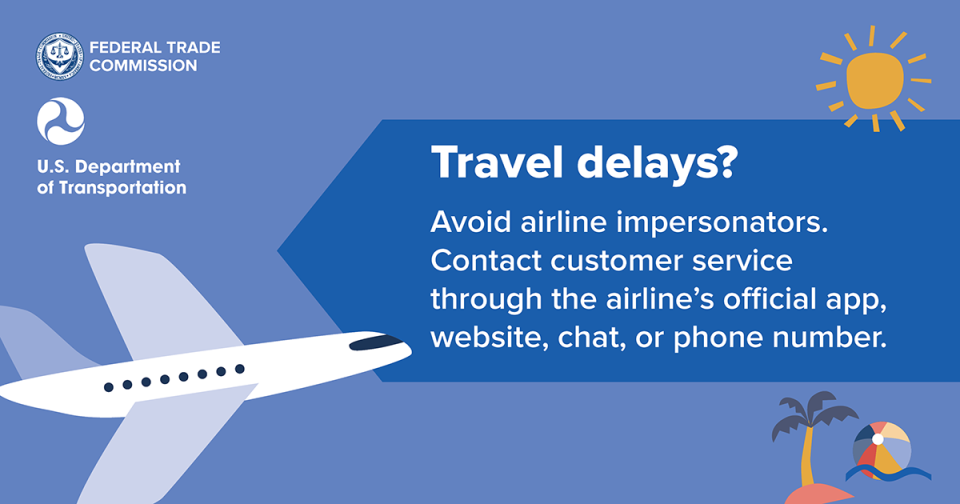My Messy First Experience
So yeah, total newbie mistake. I jumped on this “super cheap” deal from who-knows-where after googling flights one night. Saw the price, got excited, threw my card details at it like it was nobody’s business. Clicked book, got a “confirmation” email, and went to bed thinking I scored big.

Couple days later… nothing. No itinerary, no e-ticket zip. Started feeling that little itch of panic. Checked my bank statement online. Boom. A weird charge popped up for the exact amount, but the name looked totally off. Some random company I’d never heard of. My gut said “Uh oh.”
Tried calling the “airline” number on the site. Went straight to voicemail – a robotic one, no less. Emails bounced back. Total ghost town. That’s when my dumb ass realized: I got played. Money gone, no flight, just embarrassment.
What I Actually Did to Figure This Out
Alright, lesson learned the hard way. Time to fix this properly and not get ripped off again. Here’s how I started digging:
- Stalked the booking sites: Seriously. Not just looking at the name, but like, actually checking who owns it. Used some free online tools (like those “whois” lookups) to see when the website was even created. Found out my scammer site was literally registered like 3 months ago under some shady name. Big red flag!
- Got paranoid with the address bar: Instead of trusting the pretty homepage, I started jabbing the little lock icon near the website address constantly. Made sure it actually said “Secure” and had the proper “https://”. Also started really looking at the website name itself. Learned that sites ending in .xyz or .biz or weird country codes (.cz? .ru?) needed extra checking, especially if they aren’t well-known.
- Became a price-checking maniac: Next time I saw a deal, I forced myself to open like five different legit sites – you know, the actual airline’s own page, and a couple of those big, trustworthy booking platforms everyone uses. If my “deal” was way, way cheaper than all of them? Alarm bells screaming. If it looks too good to be true, dude, it almost always is.
- Froze on the payment page: This became my big pause moment. Started hunting for the fine print before entering any card digits. What company is actually charging me? Does that name match the airline or the booking site? Seriously scrutinized the address bar again here – locked and “https://” secured? Double-checked the site name spelling. Misspelled airline names? Huge warning sign. If anything felt the slightest bit off, I closed the tab. Walked away. Better safe than scammed again.
- Went direct to the source: Found the flight details on the shady site? Instead of booking there, I opened a new tab and went straight to the airline’s real website. Typed in the exact flight numbers and dates to see if it even existed at that price. Surprise surprise, sometimes that “deal” was just made up! Or it was double the price on the actual airline site.
Where I’m At Now (No More Lost Cash!)
Took some time and way more caution than I wanted to give it, honestly. Felt a bit slow and paranoid at first. But guess what? No more mystery charges. No more chasing ghosts for tickets.
The biggest thing? That little moment of excitement seeing a low price? I squash it down hard now. Force myself to slow down, do the checks. Look at the name in the address bar like it owes me money. Stare down the payment page before hitting submit.

Feels solid now. Booking flights is stressful enough without losing your cash to some internet creep.









